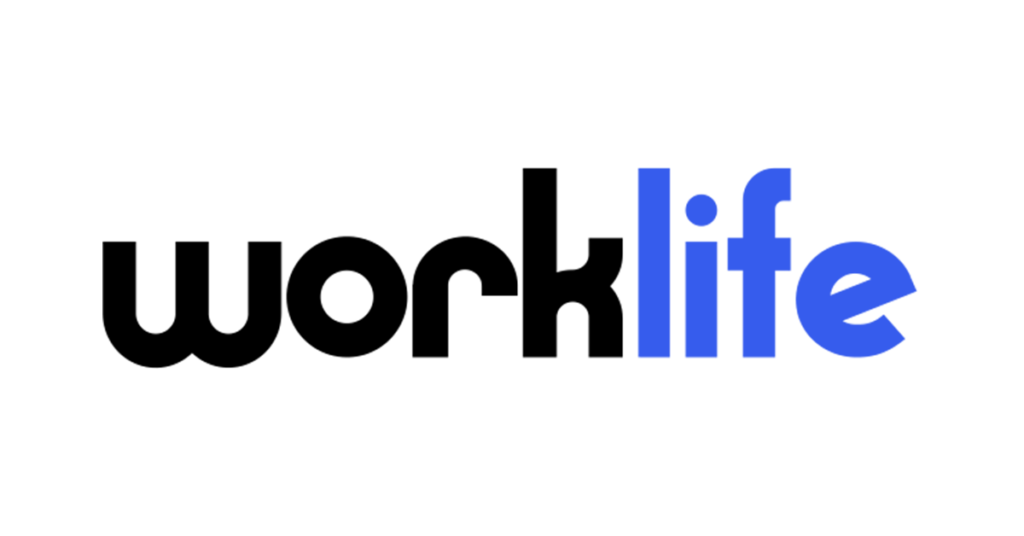“90% of CEOs at large organizations are men, and we know remote and hybrid work appeal to and benefit women, who continue to carry the load at home disproportionately.”
As companies like Amazon, Dell, Goldman Sachs and Google ramp up efforts to get employees back to the office — with some demanding a 5-day-a-week RTO — most bosses are betting that remote work will soon be a thing of the past.
But for their part, the heads of HR departments maintain that remote work is far from history, especially among mid-size and smaller companies, which have been a particularly strong driver of the U.S. economy and job market.
The latest research from KPMG found that, among 1,325 CEOs worldwide, 8 in 10 believe remote arrangements will be dead in three years or less, with a majority affirming they will reward employees who do return with choice assignments, raises or promotions.
“At large companies like those represented in the KPMG survey, the extinction of remote work very likely could play out,” said Rebecca Trotsky, chief people officer of HR Acuity, an HR management and employee relations firm. That’s because, as she put it, “90% of CEOs at large organizations are men, and we know remote and hybrid work appeal to and benefit women, who continue to carry the load at home disproportionately.”
Case in point: Dell’s sudden five-day return-to-office mandate issued last week, has reportedly sent working parents scrambling to rearrange childcare – access to which is already highly competitive – with just a couple of days’ notice.
However, Trotsky rejects the argument that remote and hybrid work will become a thing of the past, noting that many companies do not even have a physical office to go back to. “Instead of reverting to ways of working from a pre-Covid era as the crutch, leaders should instead focus on building competencies to lead effectively in this new era,” much like how they’re approaching generative AI, she said.
Eric Mochnacz, director of operations at the HR consultancy Red Clover, likewise does not find it surprising that so many CEOs are predicting the end of remote work seeing that they are the ones instituting RTO policies. But those bosses could be making a mistake assuming employees will remain loyal. “Why would anyone want to work for a company that makes decisions like that on such arbitrary criteria?” he said.
Marissa Farrar, chief people officer of Turnitin, a software firm that services the education industry, stressed that choice and flexibility remain core to her company’s values. “Our employees prefer remote work and they are trusted to deliver,” she said. “As a result, we’ve maintained high levels of engagement, innovation and impact.”
Companies would do well to maintain a “people-first” approach that combines the best of in-office and remote work, according to Karen Pavlin, chief equity and inclusion officer at ServiceNow, an AI platform for business support. Doing so, she proposed, “fosters a resilient, inclusive, engaged and high-performing organization that attracts top talent and builds long-term loyalty.”
Whatever the views of HR leaders, employees at 9 in 10 companies expect to be fully back in the office by the year’s end, according to a survey of 1,000 people by the site Resume Builder. With 7 in 10 of those reporting that RTO has had a direct, positive impact on their company’s revenue, it seems all but certain that CEOs will continue to press their case.




